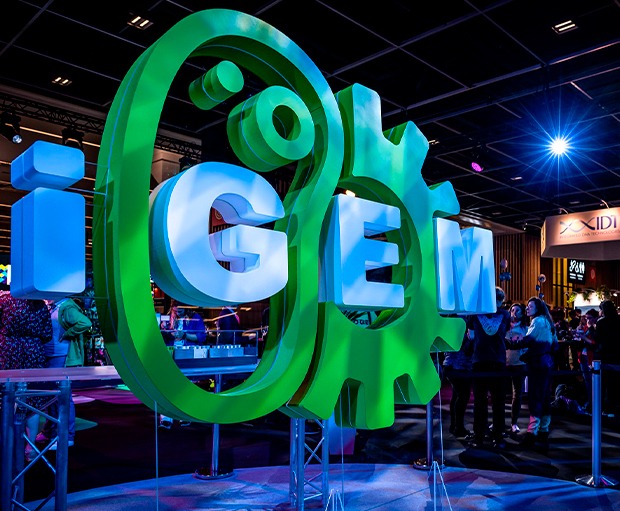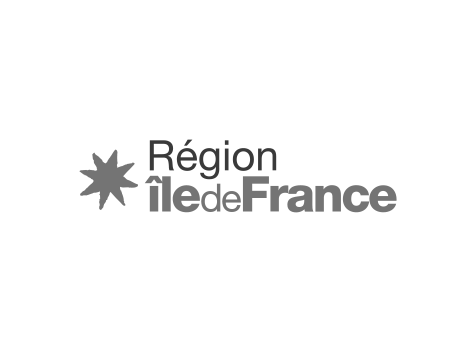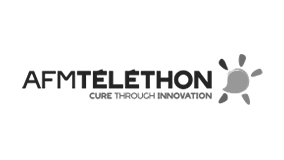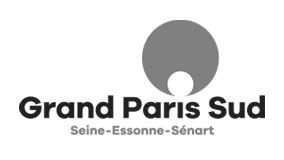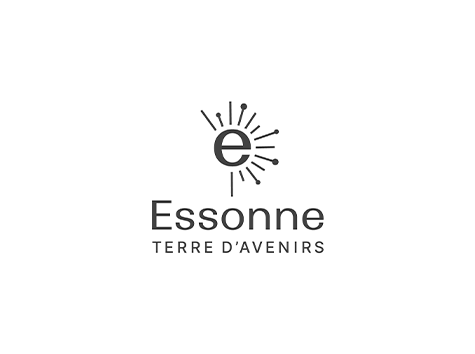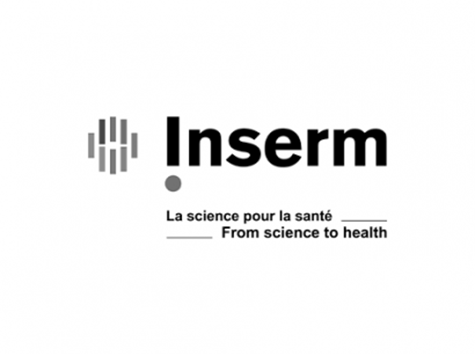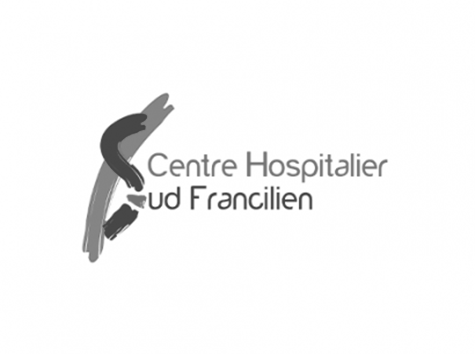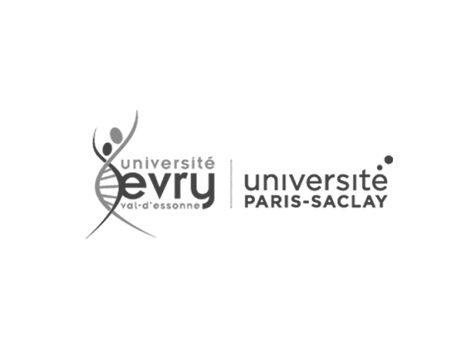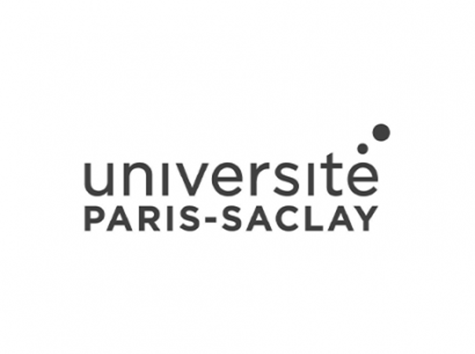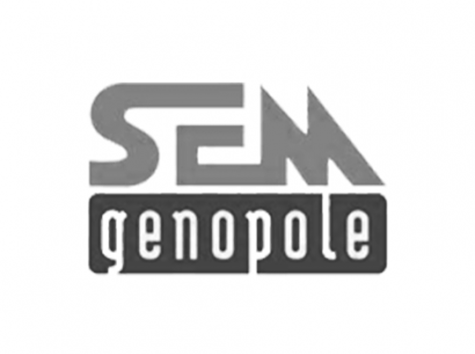 Yearly since 2017, University of Évry-Paris Saclay Associate Professor Ioana Popescu has accompanied student teams for the international synthetic biology competition iGEM.
Yearly since 2017, University of Évry-Paris Saclay Associate Professor Ioana Popescu has accompanied student teams for the international synthetic biology competition iGEM.
After a “Coup de Cœur” (Jury’s Favorite) award, for her project XylSevo at the 2024 D4Gen Hackathon organized by Genopole, she gathered a team of 13 university bachelor & master degree and engineering school students under the supervision of 2 PhD students for the related project PHAGEVO, taking it and them to Paris for the 2024 edition of the competition.
Interview: Ioana Popescu
Ioana, you’ve participated in a number of biotech competitions and hackathons, like iGEM and D4Gen, and even won the “Coup de Cœur” award in 2024 for the latter. What motivates your commitment to these competitions and how de these experiences influence your career as a researcher?
 “For me, these competitions are unique occasions to test new ideas in a stimulating setting surrounded by people sharing a common passion. They get me out of my comfort zone, allowing me to experiment innovative solutions and work with teams on concrete projects that, although academic at the time, have the potential for real impacts. For example, iGEM offers me an opportunity not only to develop technical competencies but also to explore larger aspects, such as scientific communication or biotechnology ethics.
“For me, these competitions are unique occasions to test new ideas in a stimulating setting surrounded by people sharing a common passion. They get me out of my comfort zone, allowing me to experiment innovative solutions and work with teams on concrete projects that, although academic at the time, have the potential for real impacts. For example, iGEM offers me an opportunity not only to develop technical competencies but also to explore larger aspects, such as scientific communication or biotechnology ethics.
 This year, the D4Gen Hackathon organized by Genopole let us start the computational work and use artificial intelligence within the setting of the PHAGEVO project. At D4Gen, we met highly motivated students whose passion for the sciences led them to join the Genopole Evry Paris-Saclay 2024 iGEM team. These experiences strengthened my conviction that innovation and collaboration are essential for advancing synthetic biology.”
This year, the D4Gen Hackathon organized by Genopole let us start the computational work and use artificial intelligence within the setting of the PHAGEVO project. At D4Gen, we met highly motivated students whose passion for the sciences led them to join the Genopole Evry Paris-Saclay 2024 iGEM team. These experiences strengthened my conviction that innovation and collaboration are essential for advancing synthetic biology.”
In your opinion as a teaching researcher impassioned by biotech, what will be the next major advances in the sector, and how do you think your own work could contribute to them?
 “I think the major advances to come in biotechnology will be in the settings of sustainable biomanufacturing, precision genome editing and the use of AI technologies to optimize R&D processes. Personally, I am particularly interested in green biomanufacturing and the deployment of more sustainable solutions for reducing the environmental impact of the chemical and pharmaceutical industries. My current work is focused on the development of novel microorganism strains able to produce biological compounds of interest efficaciously and with a lower carbon footprint. I hope to contribute to the creation of real-world solutions that will help make industrial production more respectful of the environment.”
“I think the major advances to come in biotechnology will be in the settings of sustainable biomanufacturing, precision genome editing and the use of AI technologies to optimize R&D processes. Personally, I am particularly interested in green biomanufacturing and the deployment of more sustainable solutions for reducing the environmental impact of the chemical and pharmaceutical industries. My current work is focused on the development of novel microorganism strains able to produce biological compounds of interest efficaciously and with a lower carbon footprint. I hope to contribute to the creation of real-world solutions that will help make industrial production more respectful of the environment.”
Biomanufacturing is a quickly growing sector, with numerous and promising applications. What advice would you give to other young scientists looking to work in this sector and participate in initiatives like those you’ve been involved in?
 “I’d tell them to not hesitate to jump in, even if at first they don’t feel they have all the competencies and knowledge necessary. Competitions like iGEM or hackathons are great environments for learning, for exchanging ideas and for developing partnerships with experts in the field. It is important to remain curious and to not fear asking questions or requesting mentoring. Also, I would encourage them to create solid networks by participating in events and interacting with professionals in the sector. These encounters are often sources of inspiration and catalysts for partnerships and career opportunities.”
“I’d tell them to not hesitate to jump in, even if at first they don’t feel they have all the competencies and knowledge necessary. Competitions like iGEM or hackathons are great environments for learning, for exchanging ideas and for developing partnerships with experts in the field. It is important to remain curious and to not fear asking questions or requesting mentoring. Also, I would encourage them to create solid networks by participating in events and interacting with professionals in the sector. These encounters are often sources of inspiration and catalysts for partnerships and career opportunities.”

